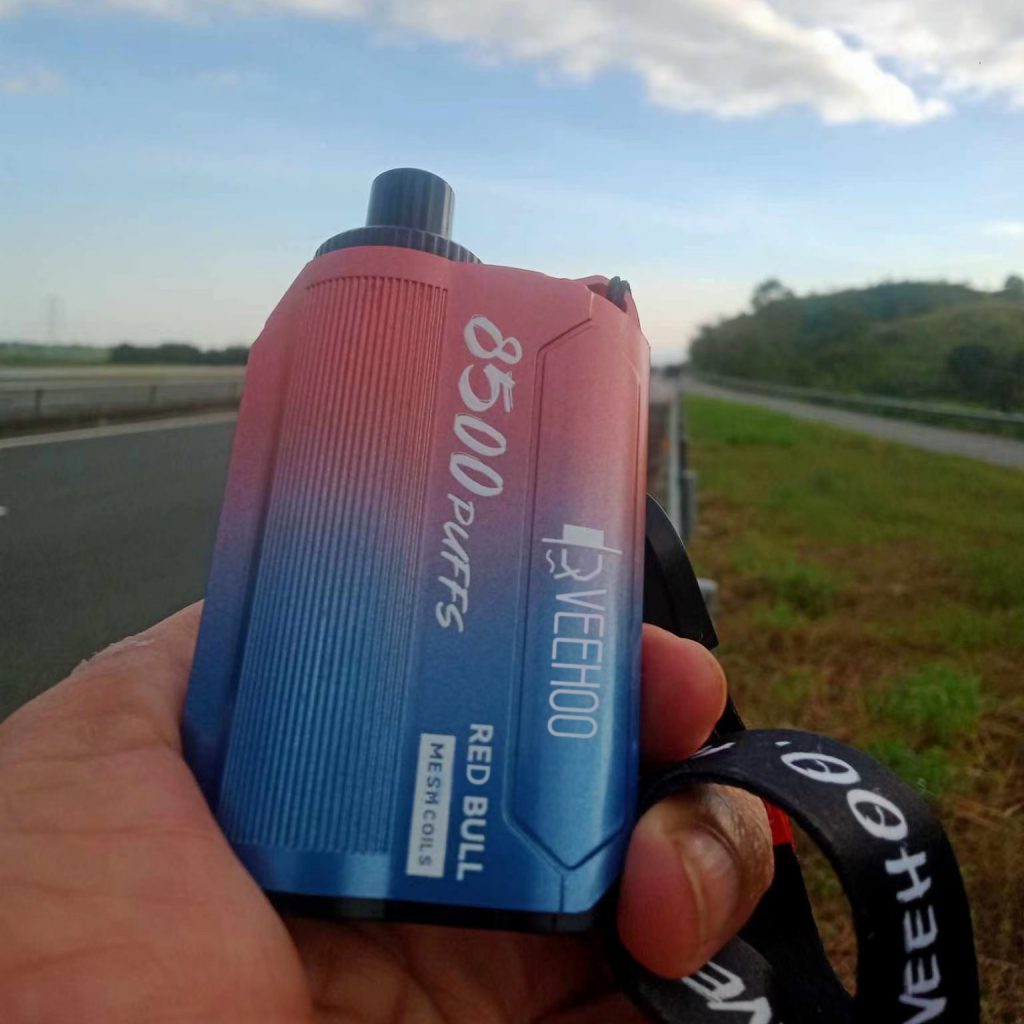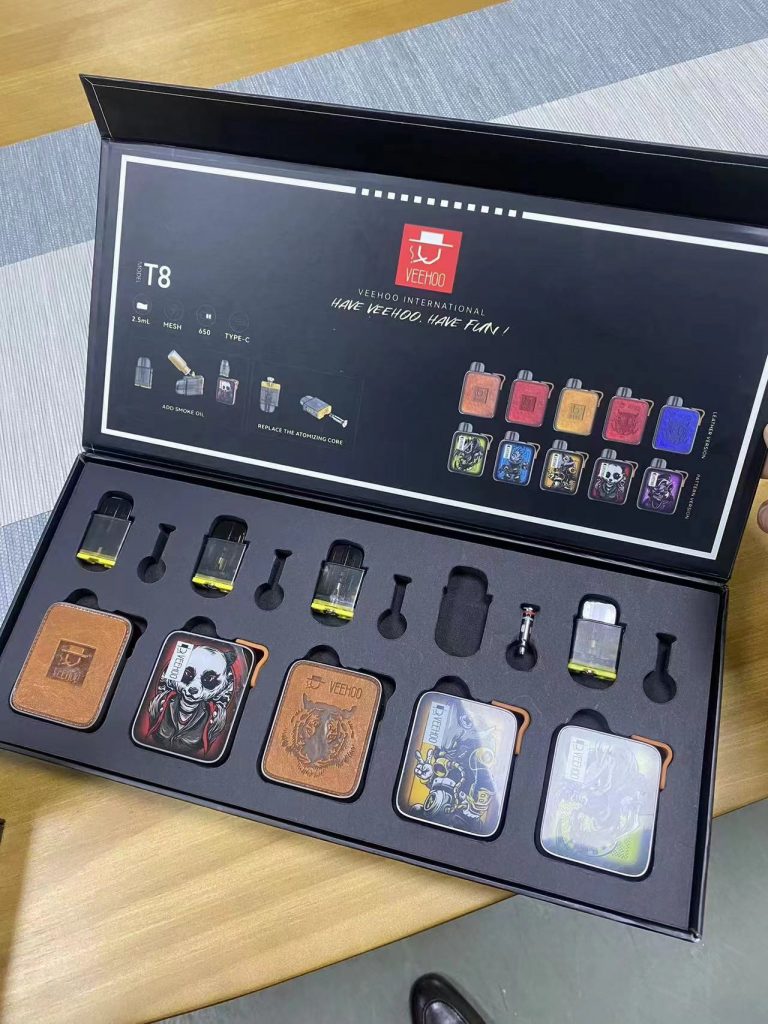As Letsrecycle reported this week, the UK Vape Industry Association (UKVIA) has released details of a comprehensive investigation into the deployment and use of vape processing facilities across the UK. The survey shows that although the vape industry is suffering from environmental pressure, there is a lack of vape waste disposal facilities in public facilities.
During the investigation, the association issued freedom of information requests to 10 major provinces and cities, including Birmingham, Manchester, Cardiff, Glasgow and Westminster, and 10 central London councils.
The results show that only 60% of responding agencies stated that they provide vape waste disposal services at citizen convenience stations or designated collection facilities, and only 10% of agencies have set up vape waste recycling bins in public places. About a third of the institutions even responded in the negative, stating that they did not provide any form of vape waste disposal containers or drop-off points.

The survey also shows that so far, only one municipal government has introduced street or home vape collection services. 80% of municipalities are not considering investing in new vape collection solutions in next year’s budget – even before hearing about the ban on disposable vapes.
In this regard, John Dunne, Director General of the British Electronic Cigarette Industry Association, said: “In the name of environmental protection, we advocate the ban on disposable vapes, but do not invest in the construction of vape waste collection facilities, and such facilities are It’s a paradox that public spaces—that is, places controlled by local governments—are so urgently needed. Even after disposable vapes are no longer available at retail locations, millions of rechargeable vapes will still be sold every year and refillable vapes are sold, not to mention the growth of black market products brought about by the ban on disposable vapes. Therefore, there is no investment in collection facilities and a lack of foresight in the construction of centralized processing facilities for vape waste. This It’s shocking and causes great concern.”
Four days ago, the government conducted a consultation on proposing to increase the collection level of WEEE (Waste Electrical and Electronic Equipment, meaning waste electronic and electrical equipment), including implementing a separate category for vapes. The deadline for submitting opinions had just passed, and the results of the survey were released. aroused great public concern.

The association said it recognized the need for industry to demonstrate the highest level of environmental responsibility, but insisted local government played a vital role in providing necessary facilities for public spaces.
Dunn said: “The British Electronic Cigarette Industry Association is also involved in an vape licensing scheme that has just been submitted to MPs, which, if adopted, will require retailers to provide in-store recycling facilities before they are allowed to sell vapes.”
Veehoo vapes recognizes the need for the industry to demonstrate the highest level of environmental responsibility and supports the construction of more vape waste recycling facilities. Veehoo vapes made some suggestions, including cooperating with local governments, investing in recycling facilities, and promoting retailers to provide recycling facilities, to promote the sustainable processing and recycling of vape waste.
Environmental responsibility:
Veehoo vapes recognize the need for the vape industry to demonstrate the highest level of environmental responsibility. As a company that actively promotes sustainable development, Veehoo vapes are committed to reducing the negative impact on the environment and working hard to find solutions to deal with vape waste. They support environmental initiatives within the industry, including building more recycling facilities to ensure proper handling and recycling of vape waste.

Push retailers to provide recycling facilities:
Veehoo vapes recommend pushing retailers to provide vape waste recycling facilities. For example, through the vape licensing scheme, retailers are required to provide in-store recycling facilities to allow the sale of vape products. Such requirements can prompt retailers to assume more environmental responsibility, ensure consumers have convenient recycling channels, and promote the recycling of vape waste.
In conclusion:
Veehoo vape recognizes that the lack of vape waste recycling facilities is a pressing issue. They support the industry in building more recycling facilities and have made some suggestions. Initiatives such as cooperating with local governments, investing in recycling facilities, and pushing retailers to provide recycling facilities can promote the sustainable processing and recycling of vape waste. While the vape industry continues to develop, environmental responsibility and sustainable development should become a common concern for businesses and governments to protect the environment and public health. Through collaboration and action, we can create a cleaner, more sustainable vaping industry for the future.
Tags: What is the UK doing about vapes,Can you recycle vapes UK,veehoo vap